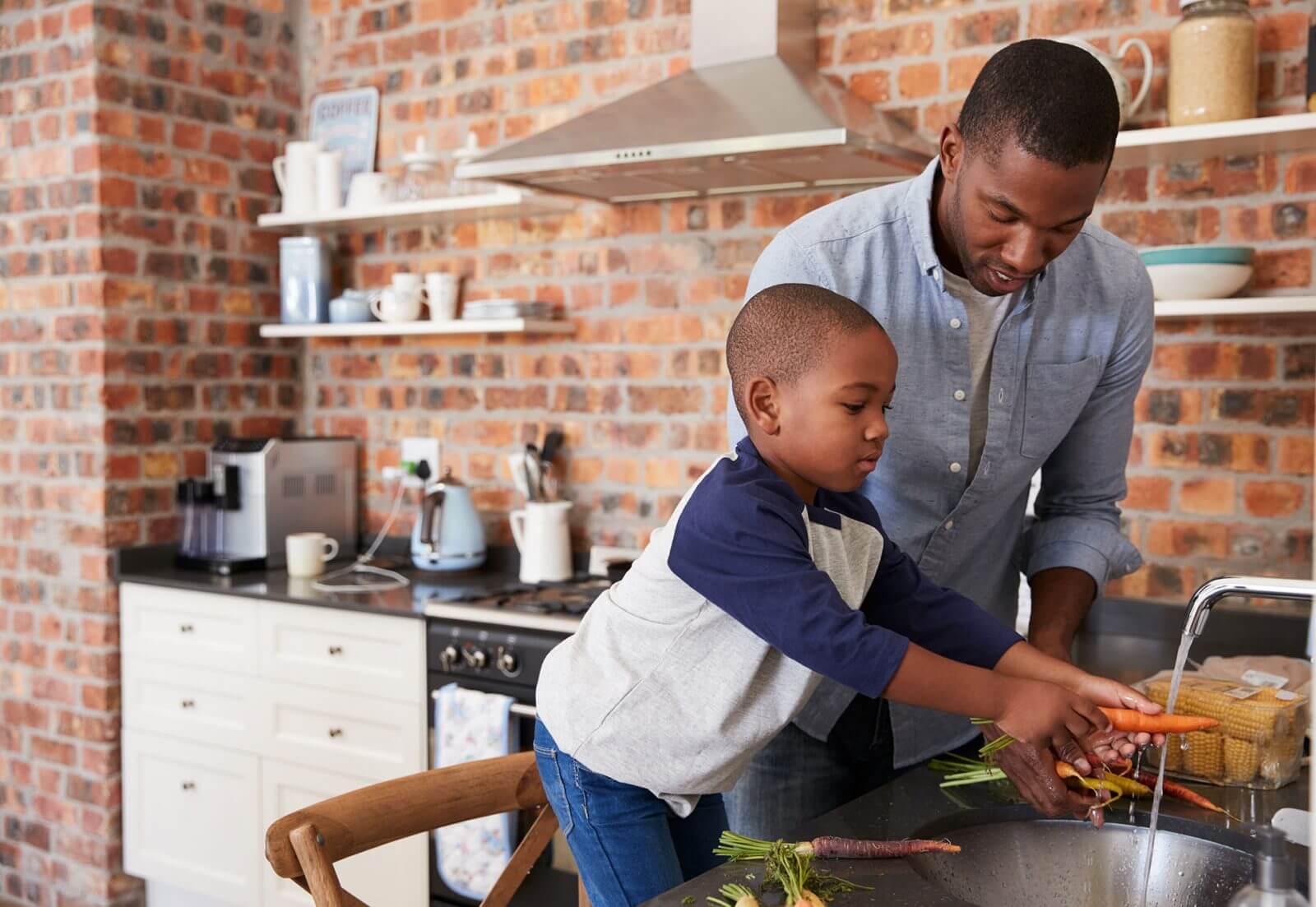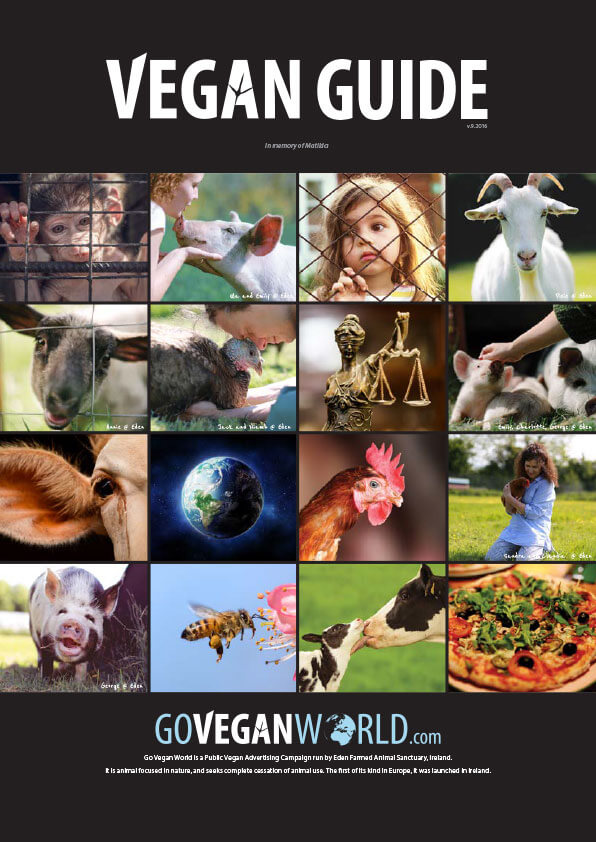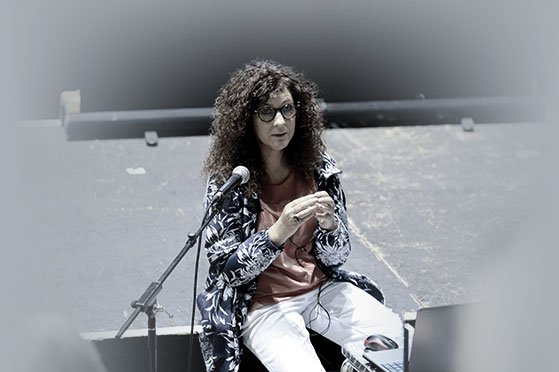Children & Parenting
Rearing your child vegan from birth is probably the greatest gift of social justice, empathy training, and critical thinking skills that you can give. Your child will grow into an adult who treats others fairly and as equals, helping to make this world a better place for everyone.

Diet
A well planned vegan diet supports healthy living for all stages of life including pregnancy, infancy and childhood (American Dietetics Assocation, 2009; Memorandum of Understanding between The Vegan Society and the British Dietetic Association, The British Dietetic Association, 12th March 2014).
Check out some of the guidelines that are provided by Registered Dietitians specialising in plant based nutrition to ensure that you are eating and feeding your family in a way that ensures optimum health.
Feeding Vegan Children, Reed Mangels, PhD, RD, From Simply Vegan 5th Edition
Four Ways Vegan Diets Help Kids, Dr Neal Barnard, Physicians Committee for Responsible Medicine (PCRM)
Sandra Hood, Feeding Your Vegan Child
Infants
Breastfeeding is recommended as the best way to feed your infant. If, for some reason, you cannot breastfeed, it is recommended that you use soya infant formula that is fortified with vitamin D3. It may not yet be possible to source infant formula that is fully vegan because the D3 may originate in lanolin, derived from sheep. But until a more ethical alternative is available this is a better option than using milk that originated from another mammal who was lactating to feed her own child.
Entertainment
Many forms of children’s entertainment centre around animal exploitation, teaching them to accept injustice and discrimination on the basis of species categorisation. Other animals are greatly harmed when they are incarcerated in zoos, petting farms, and aqua parks. Animals forced to perform in circuses and other forms of ‘entertainment’ can only do so under severe duress and abuse. Children’s literature can also foster inaccurate notions of difference, instilling in them, at an impressionable age, the notion that non-humans matter less.
There are ways in which children can be entertained that do not harm other animals.
Instead of visiting a place where animals are incarcerated and harmed, view educational documentaries about other animals; visit a vegan sanctuary or ‘meet’ sanctuary residents online through the stories and video recordings of their lives.
Educating Children about Veganism and Animal Rights
Children naturally have a good sense of justice, and an affinity with non-humans. You might be surprised how easily they understand animal rights concepts that adults, who have been socialised in a speciesist culture, struggle with.
You Haven’t Lived Until You’ve Hugged a Turkey (short version, appropriate for older children)
Children’s Books
Social Interaction
The most difficult aspect of vegan parenting is social interaction with other children and families. Look out for support groups for vegan parents. Chat to other vegan parents for advice and inspiration. Do not underestimate the support and genuine friendship you can source online from very genuine people.
Other parents manage to rear their children as healthy, happy vegans. You can too.
Further information is available on the following pages:


